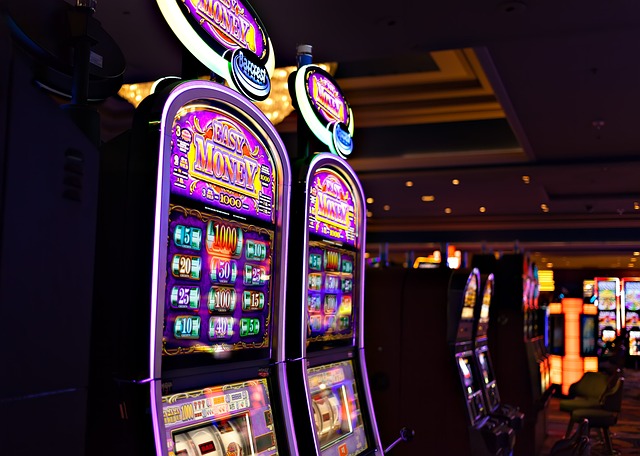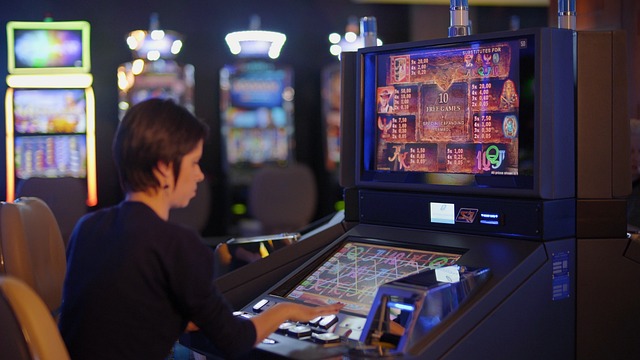Slot machines are among the most popular games in both land-based and online casinos, offering simple gameplay and the potential for large wins. But behind their colorful reels and flashing lights is a complex system of algorithms and mathematics designed to ensure fairness and profitability for the casino. To truly understand how slots function, players must familiarize themselves with two key elements: the Random Number Generator (RNG) and payout mechanics. These components determine how outcomes are generated and what players can expect in terms of winnings over time.
The Role of the Random Number Generator (RNG)

At the core of every slot machine is the Random Number Generator (RNG)—a sophisticated software algorithm that constantly produces random sequences of numbers. These numbers correspond to the symbols that appear on the slot’s reels. Importantly, the RNG runs continuously, even when the machine is idle, ensuring that each spin is completely independent of the last.
When you hit the spin button, the machine selects the current number from the RNG sequence, which determines the outcome instantaneously. This system guarantees that slot results cannot be predicted or influenced, maintaining fairness for every player. There is no pattern to follow, no “due” wins, and no way to alter the results through timing or behavior. In both physical and online slots, RNG technology is rigorously tested and certified by third-party auditing companies to meet regulatory standards.
Understanding Paylines and Reel Structures
To grasp how slot outcomes are determined, it’s important to understand paylines and reel structures. Traditional slots had three reels and a single horizontal payline. Modern video slots, however, can feature five reels, hundreds of paylines, or even use cluster pays and Megaways mechanics.
Each symbol on a reel occupies a “stop,” and these stops are mapped to numbers generated by the RNG. The combination of these stops across the reels determines whether a winning line is formed. In most games, players must line up matching symbols on active paylines to receive a payout. Some slots allow players to choose how many paylines to activate, while others offer fixed lines. The more paylines you play, the higher your bet—but also the greater your chances of hitting a winning combination.
Understanding how paylines function helps players make more informed decisions about bet size and potential risk.
How Return to Player (RTP) Affects Winnings

Another crucial concept in slot machine mechanics is the Return to Player (RTP) percentage. This figure represents the theoretical amount a game is expected to return to players over the long term, expressed as a percentage of the total bets made. For example, a slot with an RTP of 96% will, on average, pay out $96 for every $100 wagered over time.
It’s important to note that RTP is calculated over millions of spins, so it doesn’t guarantee short-term results. A player might win big on their first spin or lose over several sessions without hitting a significant payout. Some jurisdictions require RTP values to be disclosed by operators, and games are often tested to ensure they perform within the expected range. While players cannot influence RTP, choosing games with higher RTP percentages can improve long-term winning potential.
Volatility and Hit Frequency Explained
Beyond RTP, players should also be aware of volatility (or variance) and hit frequency. Volatility describes the risk levelof a slot game.
- High-volatility slots pay out less frequently but offer the potential for large wins.
- Low-volatility slots offer frequent, smaller wins, providing a steadier gameplay experience.
Hit frequency refers to how often a slot machine produces any kind of win, regardless of size. A game may have a hit frequency of 25%, meaning one in four spins results in a payout. Together, volatility and hit frequency help define the rhythm and feel of the game, which can influence a player’s enjoyment and strategy. Players should choose slot games that match their bankroll and risk tolerance—some may prefer slow, steady play, while others are drawn to the thrill of big, rare wins.
